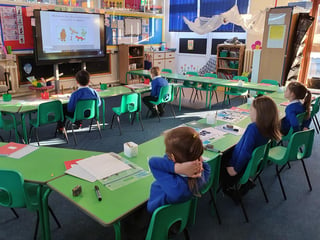Hundreds of Doncaster children face longer school week – how pandemic could change classroom life
and live on Freeview channel 276
It is one of many changes that borough education leaders think will arise as those in charge of schools look to the future when the current restrictions finally come to an end, during an era which has seen schools revolutionise the way they work.
But the leader of one of the borough’s biggest schools trusts, Helen Redford-Hernandez, believes some of the lessons learned from the coronavirus pandemic, will have brought education forward 20 years in terms of how it uses technology.
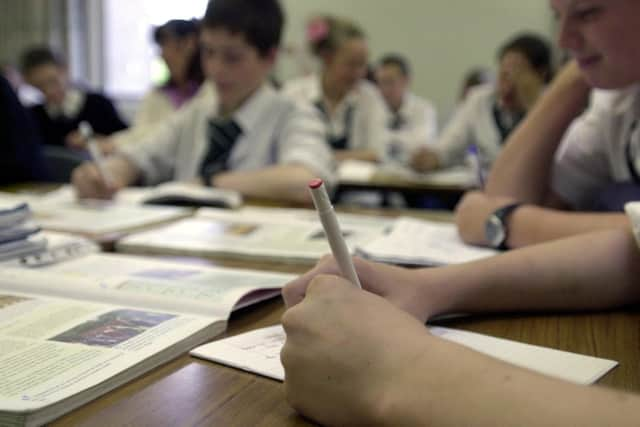

Advertisement
Hide AdAdvertisement
Hide AdMrs Redford-Hernandez runs the Brighter Futures Learning Partnership Trust. That banner covers Hungerhill School, where she was previously headteacher, as well as the Doncaster University Technical College in the town centre, and Barnby Dun Primary Academy, Dunsville Primary School, Kirk Sandall Infant School, Kirk Sandall Junior School, and West Road Primary Academy, in Moorends.
One of her immediate concerns 10 months into the pandemic, is what effect the pandemic is going to have had on youngsters in year 10 pupils who are due to sit GCSE exams in 2022.
They missed their entire summer term in 2020, and have now been out of school since Christmas, receiving on-line learning. It is not known when they will return.
She said: “Year 10 and year 12 will be the poor relations. The current year 10 have only had attendance of around 70 per cent. They missed four months after lockdown in March. There’s no way you can catch up on that, and that puts them at a disadvantage.
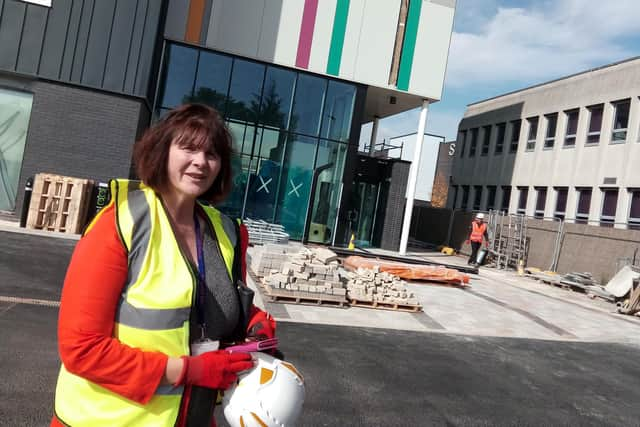

Advertisement
Hide AdAdvertisement
Hide Ad"At Hungerhill, we’ve decided that the school day will be extended after Easter. We’re looking at three evenings a week for an extra hour, concentrating on maths, English and science.
"It would mean finishing at 4.10pm instead of 3.10pm. They already do that at the UTC.”
They are also looking at paying teachers to come in for extra sessions during the holidays.
Other schools are also looking to offer extra help to those year 10s.
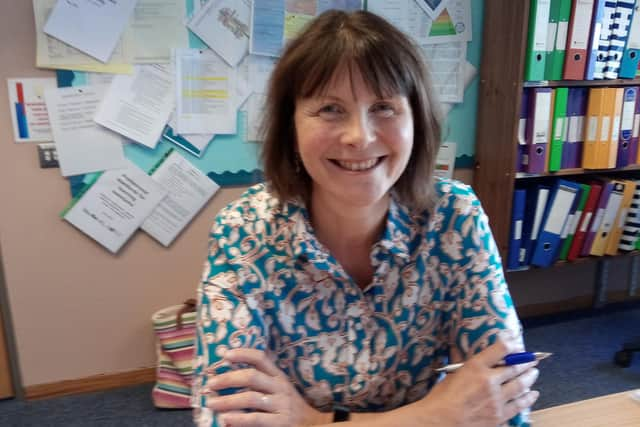

Advertisement
Hide AdAdvertisement
Hide AdAnna Rooney, principal at De Warenne Academy in Conisbrough, part of the Delta education trust, said they had started small group tuition sessions for Year 10 in maths, English and science in addition to the usual five period day being delivered remotely. This means some pupils have lessons in the evening and on Saturday mornings.
She added: “We are also offering catch up sessions in the option subjects to ensure pupils do not fall behind. We have been overwhelmed by the number of pupils engaging in lessons every day, and we start every day at 8.20am online with a virtual assembly for each year group.
“Since September our Y11 have had five extra taught hours of lessons per week, with the entire year group staying in school until 3.30 in order to help them catch up on lost learning. They have also benefited from small group tuition in maths and English.”
It is a planned solution to one of many problems that schools have faced.
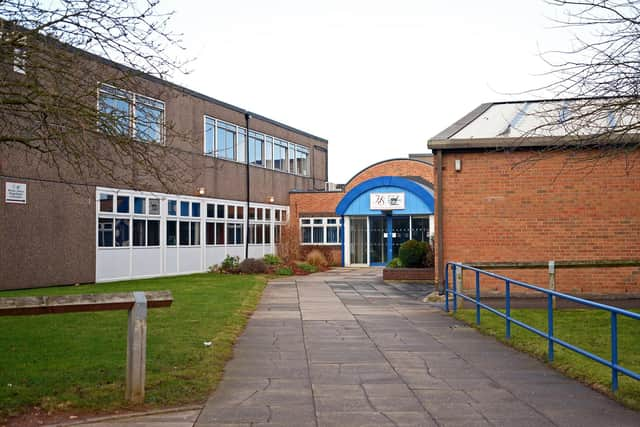

Advertisement
Hide AdAdvertisement
Hide AdAnother controversial issue that schools have had to deal with during lockdown has been providing free school meals. Some criticism has been directed at food parcels issued to some parents which were not felt to contain enough, or have been said to contain things that children would not want to eat.
Brighter Futures schools have steered around the problem by issuing vouchers. Some have raised concerns over whether vouchers would be spent on food, but Mrs Redford-Hernandez feels you have to trust people, and does not feel there was time to create a distribution system. She also feared that having food collected at schools would mean food wasted when some parents did not collect.
"I think the majority of parents are responsible,” she said.
Mrs Redford-Hernandez believes some of the changes that schools have seen as a result of the pandemic are here to stay. These are the ones that have brought in new technology.
Advertisement
Hide AdAdvertisement
Hide AdShe said: “The use of remote learning in the classroom at the start of lockdown was not something that we could anticipate – it’s been like a war, where they say technology advances because of need.
"I think that has moved teaching and learning forward 20 years. I can log in remotely to any of our schools, and observe lessons. That’s unbelievable.”
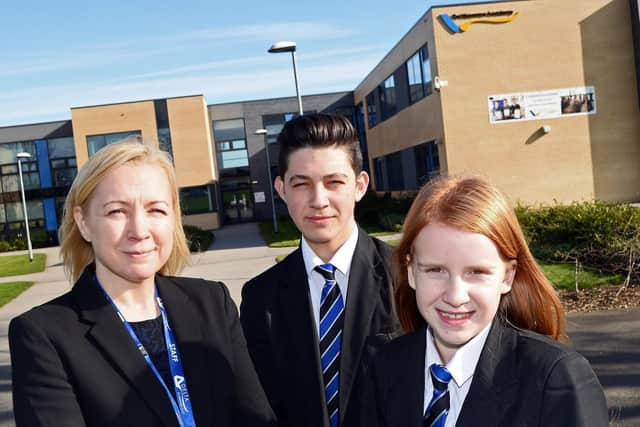

She feels the new technology that has now been brought in as a result of the crisis could also help bring in pupils who have been disruptive and placed in isolation rooms. With the use of the technology that is now being used, they could potentially take part in lessons remotely from another room.
Another possibility she sees is lessons recorded digitally that can be later played back.
Advertisement
Hide AdAdvertisement
Hide AdShe now has a digital network in place for schools right across the Brighter Futures trust.
Mrs Redford-Hernandez said the schools had also been using technology for parents evenings during the pandemic.
Her feeling on the system was that it saved parents from having to get home, go out, park, and then wait in a queue to speak to a teacher who may be over running.
The system they have used limits the amount of time teachers can spend with each parent meaning the teacher needed to carefully plan what they wanted to say. If there were more in depth issues that needed to be discussed, the teacher and the parents would arrange to meet at a different date for more details talks.
Advertisement
Hide AdAdvertisement
Hide Ad"It’s really exciting stuff,” she said. “It’s something that the headteachers agree on."
